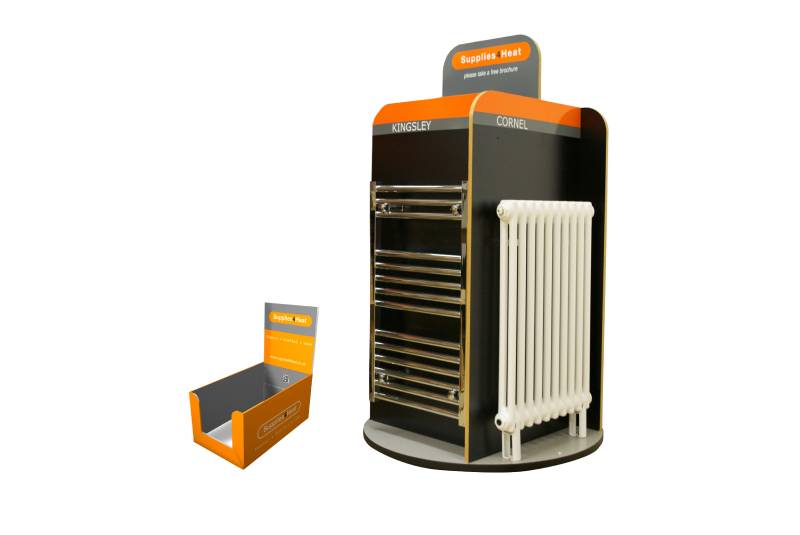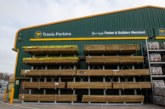
For merchants to ensure repeat custom, it is crucial that high quality, certified products are sold to customers. Andy Phillips, Sales Director at Supplies4Heat discusses the importance of selling radiator products that are compliant with EN442.
In a competitive environment, it’s important for merchants to sell a high quality and reliable range of products that tradespeople will trust and purchase time and time again. After all, research from Zendesk — the customer service and engagement platform — showed that 88% of respondents to its Brand Loyalty survey said that they valued quality over price.
Merchants may be inadvertently damaging their customer loyalty and opportunities for repeat business by selling radiator products that make claims on performance that cannot be substantiated, and therefore will underperform against expectations.
Misleading matters
Radiators are specified based on their heat output or ‘BTU’ (British Thermal Unit). Installers and heating engineers will work out their customers’ heat output requirements based on a number of factors including room dimensions and windows, and use this to calculate the BTU value needed for the new radiators.
Unfortunately, this process is marred by manufacturers quoting misleading BTU values for their radiator products, thus complicating the purchase for the trade, and leaving merchants potentially exposed to selling radiator products that will underperform, as these products will not meet end users’ heating requirements.
Whether the incorrect figures are supplied intentionally or accidentally, the consequences will be on your business should you inadvertently supply an installer with a subpar radiator. With a potentially angry end user customer left with a product that does not perform, the trade may lose confidence in the quality of your stock which can have costly consequences for non-repeat business and negative word of mouth.
Delta T50 and EN442
There are two key indicators that merchants should look for to ensure any radiator or towel rail they are selling is of reliable quality. These are Delta T50 and EN442.
Introduced in 2013, the UK uses Delta T50 as the standard baseline measure for outputs in UK home heating systems, in line with European standard BS EN442. Replacing the original measure Delta T60, it is now a legal requirement that radiator products are tested based on the Delta T50 calculation, and that this data is published at Delta T50. Delta T60 and Delta T70 can be published alongside this, however, this is strictly only with the Delta T50 data.
Therefore, data published at other Delta Ts is misleading, and cannot be used for fair output comparison. Companies not publishing data at Delta T50 are breaking the law, and selling these products without compliance means merchants would also be complicit.
Too good to be true? It probably is
With that in mind, it is clear that merchants should partner with manufacturers that can support the claims they make regarding product performance. These manufacturers will be able to prove their Delta T50 figures and demonstrate that all products are certified to BS EN442 as required by law.
A sure sign to look out for will be if a manufacturer is registered as a member of MARC, the radiator manufacturers association, which uses approved RADMAC certified laboratories to certify products in accordance with legislation.
These manufacturer partners will also be able to provide a Declaration of Performance (DoP) upon request, which will confirm the testing standards and ensure the accuracy of the figures provided. This will therefore allow your customers to accurately determine the size of radiator required and ensure the perfect fit for the end user.
An uncertified radiator with misleading figures can be costly should the data be ignored — from the potential cost of refunding the customer, to the heftier cost of losing further business and merchant reputation. By partnering with reliable, transparent manufacturers that can provide irrefutable proof of compliance with current standards, merchants can rest assured that their reputation and customers are in safe hands.









